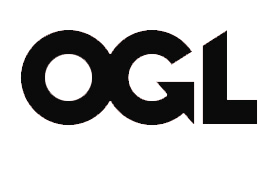The following recent publications were downloaded on 1 October 2022 by the DevPubMetric system using data captured by the Scopus database over the preceeding month.
There are 4 publications listed below.
Chou H.K., Ochoa-Tocachi B., Moulds S., Buytaert W. (2022), Parameterizing the JULES land surface model for different land covers in the tropical Andes, Hydrological Sciences Journal 67: 1516-1526 https://doi.org/10.1080/02626667.2022.2094709 |
Karpouzoglou T., Vij S. (2017), Waterscape: a perspective for understanding the contested geography of water, Wiley Interdisciplinary Reviews: Water 4: https://doi.org/10.1002/WAT2.1210 |
Szabo S., Hajra R., Baschieri A., Matthews Z. (2016), Inequalities in humanWell-being in the urban ganges brahmaputra meghna delta, Sustainability (Switzerland) 8: https://doi.org/10.3390/su8070608 |
Taylor R., Forrester J., Pedoth L., Zeitlyn D. (2022), Structured output methods and environmental issues: perspectives on co-created bottom-up and ‘sideways’ science, Humanities and Social Sciences Communications 9: https://doi.org/10.1057/s41599-022-01304-3 |
Data were captured and processed by the DevPubMetric system. The list of publications was generated from data reported by projects directly to UKRI through ResearchFish
Publication data were captured from the UKRI Gateway to Research system.
 Open Government Licence
Open Government Licence
Additional records were generated using the Scopus database through structured searches for new documents by programme name and project reference.All records were then processed to collate full bibliographic data downloaded from Scopus.
This list of publications only contains documents that can be matched against source publications that are included in the Scopus database and the identification process requires researchers to have either reported the outcome to ResearchFish or to have included the programme name or project reference number in a publication's acknowledgement.
It is recognised that a small number of publications reported by researchers in this way and then captured by the DevPubMetric process may have limited levels of direct attribution to the programme.
This list of publications is generated through an automated process. It is possible that a few publications may be included which should not be attributed to this list and that some others may have been missed. Please send requests for corrections to admin@pvgglobal.uk